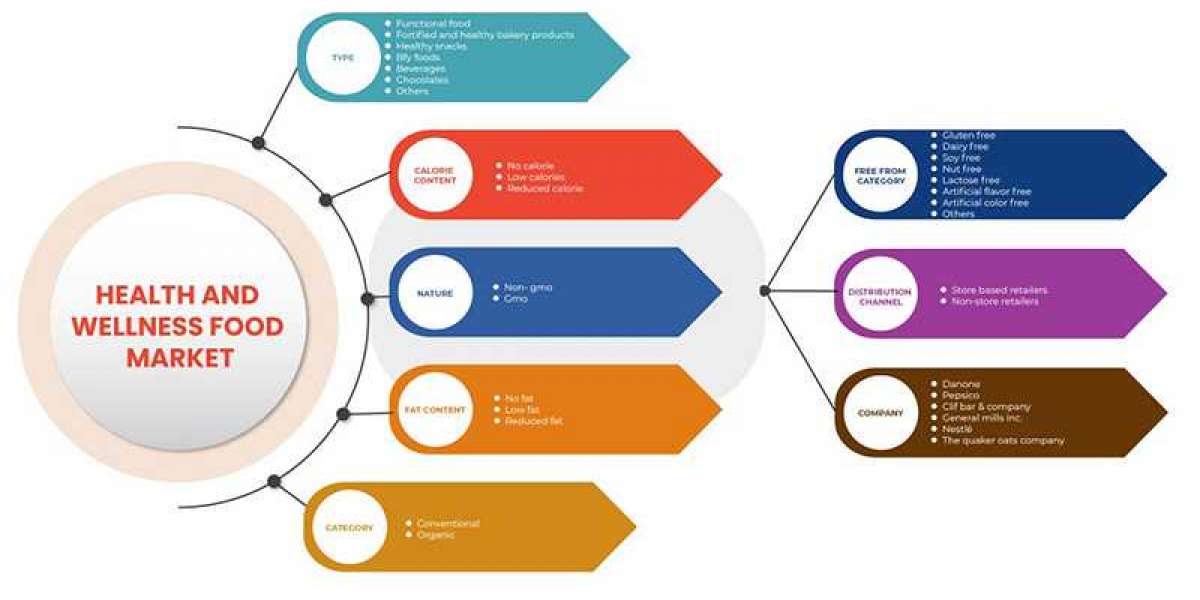The veterinary services market plays a crucial role in ensuring the health and well-being of our beloved pets. With the increasing awareness of animal welfare and the growing bond between humans and their animal companions, the demand for high-quality veterinary care has been on the rise. This article delves into the veterinary services market, exploring its growth, key trends, challenges, and opportunities. The veterinary services market encompasses a wide range of healthcare services provided to animals, including routine check-ups, vaccinations, surgeries, diagnostics, dental care, and emergency treatments.
It caters to a diverse range of animals, including dogs, cats, birds, small mammals, reptiles, and even exotic pets. Additionally, veterinary services extend to livestock animals, such as cows, pigs, horses, and poultry. In recent years, the veterinary services market has witnessed significant growth, primarily driven by several key factors. Firstly, the rise in pet ownership has been a major contributing factor. Pets are increasingly seen as part of the family, and owners are willing to invest in their health and well-being. According to the American Pet Products Association (APPA), pet ownership in the United States reached a record high of 85 million households in 2019.
Secondly, advancements in veterinary medicine and technology have expanded the scope of treatments available for animals. Innovations such as advanced diagnostic imaging, minimally invasive surgeries, regenerative medicine, and targeted therapies have revolutionized veterinary care, enabling better outcomes and improved quality of life for animals. Moreover, there has been a shift in the perception of veterinary care from reactive to proactive. Pet owners are increasingly recognizing the importance of preventive healthcare, including regular check-ups, vaccinations, and wellness programs.
This shift has not only improved the overall health of animals but has also created new revenue streams for veterinary clinics. The veterinary services market is not without its challenges. One significant challenge is the rising cost of providing veterinary care. The costs associated with maintaining a veterinary practice, including equipment, medications, and staffing, have been steadily increasing. This poses a challenge for pet owners who may face financial constraints in accessing veterinary services, leading to disparities in care.
Another challenge is the shortage of skilled veterinarians. The demand for veterinary services has outpaced the supply of qualified professionals, leading to a shortage in some regions. This shortage not only affects the availability of care but also increases the workload on existing veterinarians, potentially impacting the quality of services provided. Despite these challenges, the veterinary services market presents several opportunities for growth and innovation. One area of opportunity is the development of specialized veterinary services.
As pet owners become more invested in their pets' well-being, there is a growing demand for specialized care, such as oncology, ophthalmology, dermatology, and rehabilitation services. Veterinary practices that can offer these specialized services have a competitive edge in the market. Additionally, telemedicine and digital health solutions have emerged as promising opportunities in the veterinary services market. Telemedicine allows veterinarians to provide remote consultations, monitor chronic conditions, and offer guidance to pet owners. The convenience and accessibility of telemedicine have the potential to enhance the reach of veterinary care, particularly in underserved areas.














